The cobblestone streets of Paris, once lined with bustling bistros and the comforting clatter of cutlery, now tell a different story. Behind the charming facades of French cafés and small restaurants, a quiet crisis is unfolding. Despite government attempts to stem the tide with subsidies and financial aid, thousands of small eateries across France are shuttering their doors, victims of a perfect storm of economic pressures, shifting consumer habits, and structural challenges that no amount of state intervention seems able to resolve.
For generations, the French “petit resto” has been more than just a place to eat—it’s a cultural institution, a daily ritual, and a cornerstone of neighborhood life. Yet today, these establishments are vanishing at an alarming rate. Industry groups estimate that over 5,000 small restaurants and cafés closed permanently in 2023 alone, with thousands more teetering on the brink. The government’s well-intentioned subsidies—ranging from energy bill assistance to tax breaks—have proven to be little more than band-aids on a hemorrhaging wound.
The root of the crisis runs deeper than temporary financial relief can address. Soaring operational costs, particularly for energy and ingredients, have squeezed profit margins to unsustainable levels. A baguette that cost €0.90 five years ago now sells for €1.30, while eggs, butter, and coffee have seen price hikes of 20-40% since the pandemic. Meanwhile, the 35-hour workweek and France’s notoriously rigid labor laws make it difficult for small owners to adjust staffing flexibly. “You can’t just turn the lights off when business is slow,” laments Jacques Morel, a third-generation brasserie owner in Lyon. “The state gives us €500 here, €1,000 there, but my electricity bill has tripled, and I’m paying waiters €1,800 a month for lunch service that barely covers their salaries.”
Compounding these pressures is a generational shift in how the French dine. Younger urbanites, grappling with their own cost-of-living crises, increasingly opt for fast-casual chains, meal delivery apps, or supermarket ready-meals over the traditional two-hour lunch. The rise of remote work has also hollowed out the clientele of once-reliable neighborhood spots. In cities like Bordeaux and Toulouse, entire districts that thrived on office workers’ patronage now resemble ghost towns by mid-afternoon. Marie Leclerc, who closed her 22-year-old café near Montparnasse last autumn, puts it bluntly: “The government thinks throwing money at us will bring back customers. But subsidies don’t fill chairs.”
Perhaps most damning is the growing sense that policymakers misunderstand the very nature of the problem. The Macron administration’s flagship aid package—a €150 million fund offering grants up to €10,000 per business—was quickly criticized as bureaucratic and exclusionary. Many struggling owners report being ineligible due to technicalities like being €100 over the revenue threshold or having taken a single euro in pandemic-era loans. Meanwhile, the aid fails to address systemic issues like France’s byzantine licensing requirements or the 20% VAT rate on restaurant meals (compared to 5.5% for grocery foods), which puts traditional eateries at a structural disadvantage against supermarkets and meal-kit services.
The human toll of this crisis is immeasurable. Each shuttered café represents not just a business failure, but the unraveling of a social ecosystem—the loss of morning regulars who’ve drunk their café crème at the same counter for decades, the disappearance of the post-school goûter for neighborhood children, the erosion of the informal networks where plumbers, teachers, and retirees once crossed paths daily. As sociologist Élodie Durand notes, “These spaces were never just about food. They’re the living rooms of French towns. When they die, something irreplaceable dies with them.”
Some regions are experimenting with grassroots solutions beyond government subsidies. In Alsace, a cooperative of 30 small restaurants now bulk-purchases ingredients to negotiate better prices. Marseille has seen success with a “Diner de Quartier” initiative where residents commit to eating at local spots twice weekly. But these efforts remain exceptions rather than trends. Without sweeping reforms to labor rules, tax policies, and urban planning—coupled with a cultural recommitment to the value of shared dining spaces—France may soon find its iconic petit resto surviving only as a nostalgic motif on postcards, rather than as the vibrant heartbeat of daily life.
As autumn leaves gather on the terraces of silent cafés, the bitter irony is unmistakable: a nation renowned for its gastronomic heritage is losing the very institutions that taught generations what it means to dine, to linger, to savor. The subsidies keep coming, the speeches about preserving French exceptionalism continue, but the baguettes grow stale on counters with no one left to serve. In the end, no amount of government money can purchase what’s being lost—the intangible alchemy of flour-dusted mornings, espresso-scented conversations, and the quiet certainty that there will always be a corner table waiting.

By James Moore/Apr 9, 2025
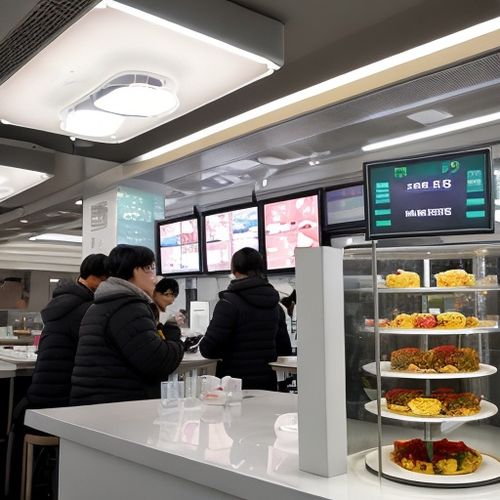
By Natalie Campbell/Apr 9, 2025

By Rebecca Stewart/Apr 9, 2025

By Rebecca Stewart/Apr 9, 2025

By Olivia Reed/Apr 9, 2025
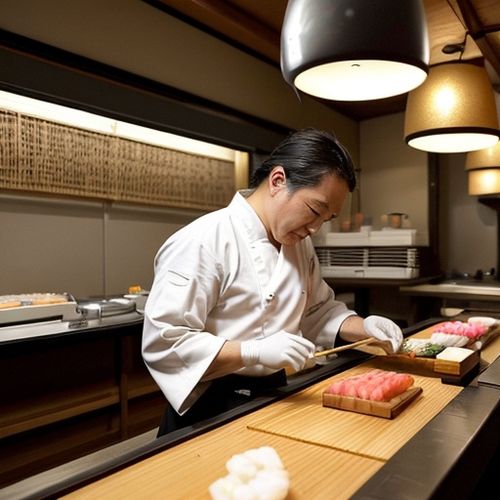
By Emma Thompson/Apr 9, 2025
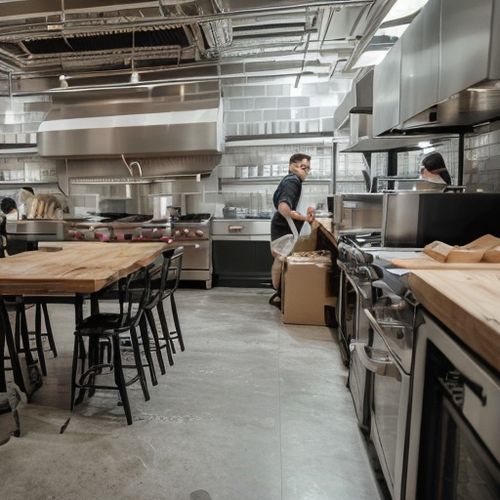
By Noah Bell/Apr 9, 2025
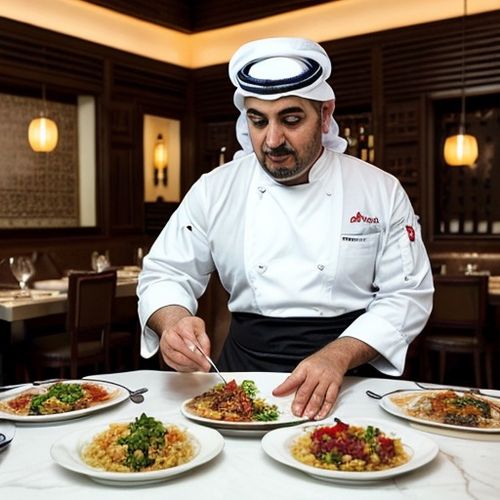
By Emma Thompson/Apr 9, 2025

By Amanda Phillips/Apr 9, 2025

By James Moore/Apr 9, 2025
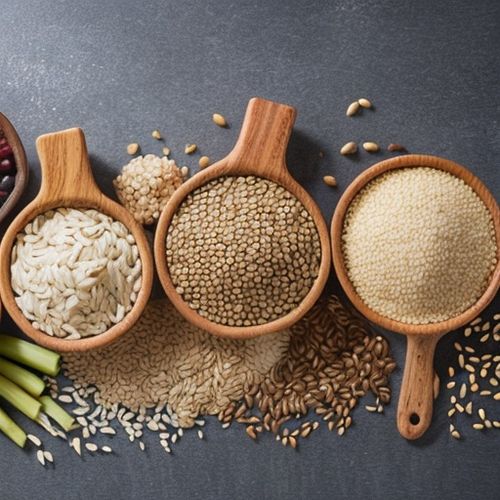
By William Miller/Apr 9, 2025

By John Smith/Apr 9, 2025

By Eric Ward/Apr 9, 2025

By Emma Thompson/Apr 9, 2025
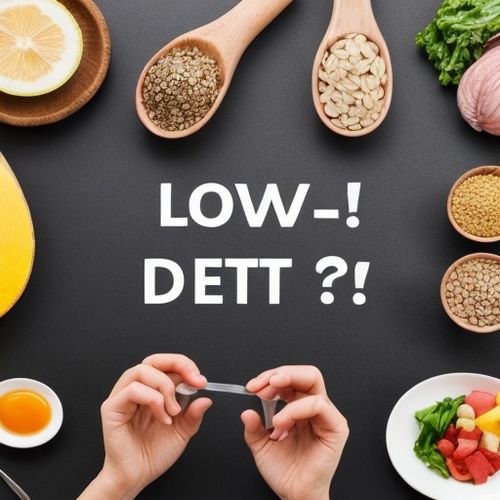
By Samuel Cooper/Apr 9, 2025
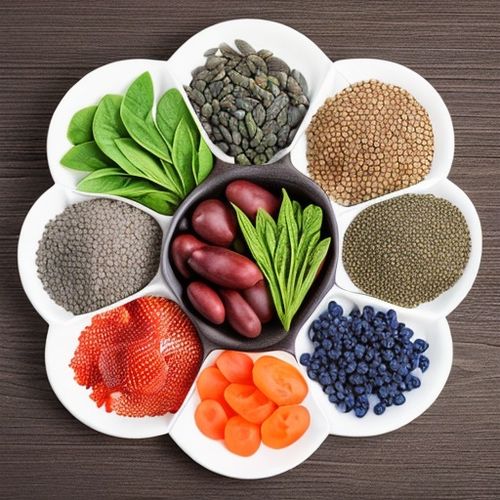
By Lily Simpson/Apr 9, 2025
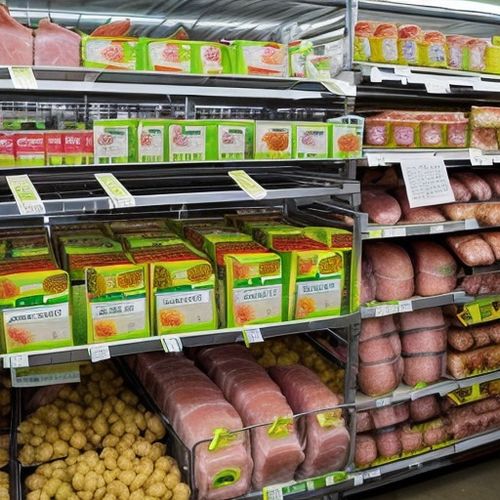
By David Anderson/Apr 9, 2025

By Megan Clark/Apr 9, 2025